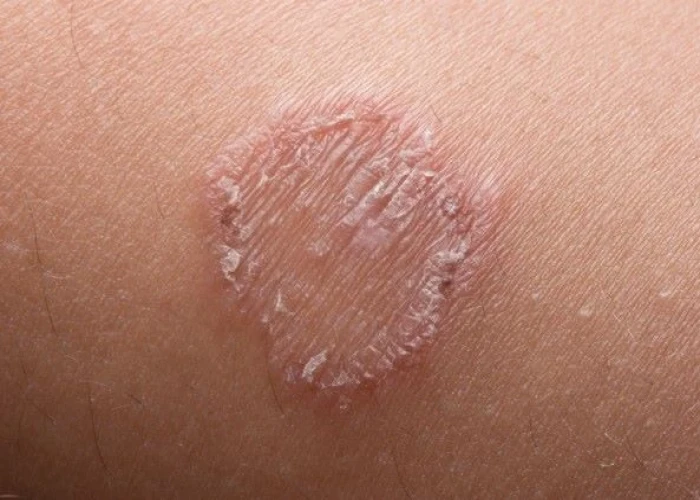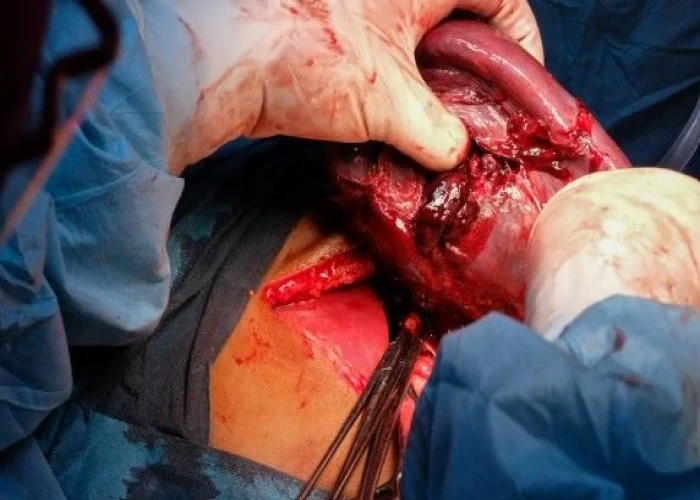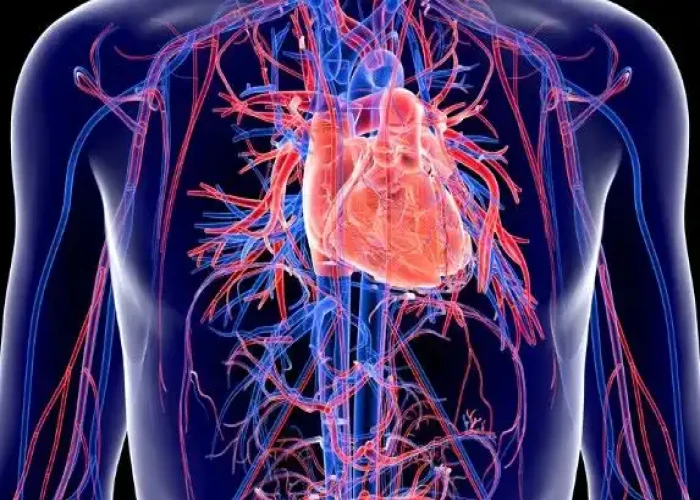 Welcome
Welcome
“May all be happy, may all be healed, may all be at peace and may no one ever suffer."
Microscopic colitis

Microscopic colitis is a medical condition that affects the colon, or large intestine. It is characterized by chronic diarrhea, abdominal pain, and inflammation of the colon lining. Unlike other forms of colitis, such as ulcerative colitis or Crohn's disease, microscopic colitis is not visible during a colonoscopy, and is only diagnosed through microscopic examination of tissue samples.
The two main types of microscopic colitis are collagenous colitis and lymphocytic colitis. Collagenous colitis is characterized by the presence of a thick band of collagen in the colon lining, while lymphocytic colitis is characterized by the presence of an increased number of white blood cells in the colon lining.
The exact cause of microscopic colitis is not fully understood, but it is believed to be related to an abnormal immune response in the colon lining. Certain medications, such as nonsteroidal anti-inflammatory drugs (NSAIDs), proton pump inhibitors (PPIs), and selective serotonin reuptake inhibitors (SSRIs), may also increase the risk of developing microscopic colitis.
Symptoms of microscopic colitis may include chronic diarrhea, abdominal pain, bloating, weight loss, and fatigue. Treatment for microscopic colitis typically involves a combination of medication and lifestyle changes. Medications may include anti-inflammatory drugs, such as budesonide or mesalamine, or medications to control diarrhea, such as loperamide. Lifestyle changes may include dietary modifications, such as avoiding trigger foods, and reducing stress levels.
In most cases, microscopic colitis is a chronic condition that can be managed with appropriate treatment. However, in some cases, it may lead to more serious complications, such as malnutrition or colon cancer. If you are experiencing symptoms of microscopic colitis, it is important to see a healthcare professional for an accurate diagnosis and appropriate treatment.
Research Papers
Disease Signs and Symptoms
- Diarrhea
- Abdomen cramps
- Abdomen bloating
- Weight loss
- Nausea or vomiting
- Fecal incontinence
- Dehydration
Disease Causes
Microscopic colitis
It's not clear what causes the inflammation of the colon found in microscopic colitis. Researchers believe that the causes may include:
- Medications that can irritate the lining of the colon.
- Bacteria that produce toxins that irritate the lining of the colon.
- Viruses that trigger inflammation.
- Autoimmune disease associated with microscopic colitis, such as rheumatoid arthritis, celiac disease or psoriasis. Autoimmune disease occurs when your body's immune system attacks healthy tissues.
- Bile acid not being properly absorbed and irritating the lining of the colon.
Disease Prevents
Disease Treatments
Microscopic colitis may get better on its own. But when symptoms persist or are severe, you may need treatment to relieve them. Doctors usually try a stepwise approach, starting with the simplest, most easily tolerated treatments.
Diet and discontinuation of medication
Treatment usually begins with changes to your diet and medications that may help relieve persistent diarrhea. Your doctor may recommend that you:
- Eat a low-fat, low-fiber diet. Foods that contain less fat and are low in fiber may help relieve diarrhea.
- Discontinue dairy products, gluten or both. These foods may make your symptoms worse.
- Avoid caffeine and sugar.
- Discontinue any medication that might be a cause of your symptoms. Your doctor may recommend a different medication to treat an underlying condition.
Medications
If signs and symptoms persist, your doctor may recommend:
- Anti-diarrheal medications such as loperamide (Imodium) or bismuth subsalicylate (Pepto-Bismol)
- Steroids such as budesonide (Entocort EC)
- Medications that block bile acids (which can contribute to diarrhea) such as cholestyramine/aspartame or cholestyramine (Prevalite), or colestipol (Colestid)
- Anti-inflammatory medications such as mesalamine (Delzicol, Apriso, others) to help control colon inflammation
- Medications that suppress the immune system to help reduce inflammation in the colon, such as mercaptopurine (Purinethol) and azathioprine (Azasan, Imuran)
- TNF inhibitors, such as infliximab (Remicade) and adalimumab (Humira), which can reduce inflammation by neutralizing an immune system protein known as tumor necrosis factor (TNF)
Surgery
When the symptoms of microscopic colitis are severe, and medications aren't effective, your doctor may recommend surgery to remove all or part of your colon. Surgery is rarely needed to treat microscopic colitis.
Disease Diagnoses
Disease Allopathic Generics
Disease Ayurvedic Generics
Disease Homeopathic Generics
Disease yoga
Microscopic colitis and Learn More about Diseases

Asthma

CSF leak (Cerebrospinal fluid leak)

Hypoplastic left heart syndrome

Ringworm (body)

Bone metastasis

Ruptured spleen

Transposition of the great arteries

Breast cancer
microscopic colitis, মাইক্রোস্কোপিক কোলাইটিস
To be happy, beautiful, healthy, wealthy, hale and long-lived stay with DM3S.
